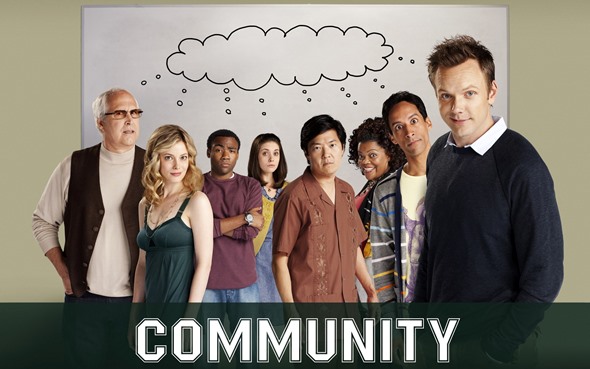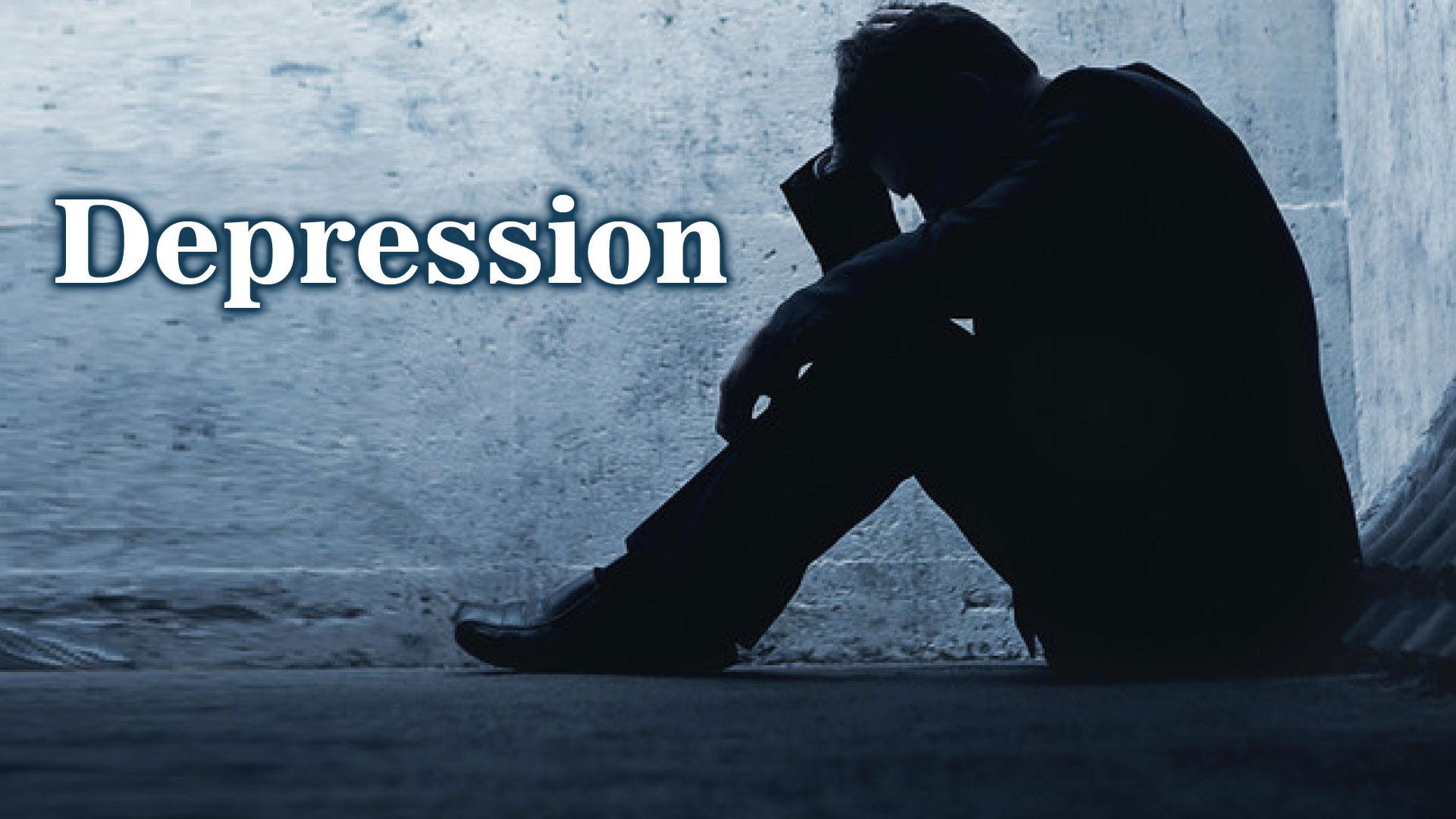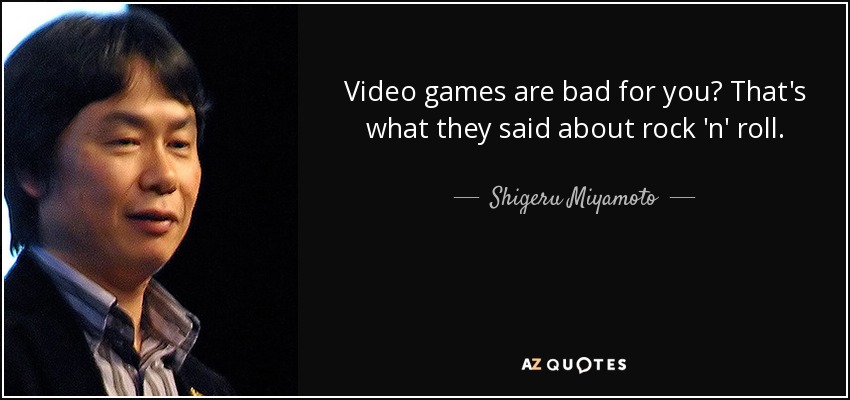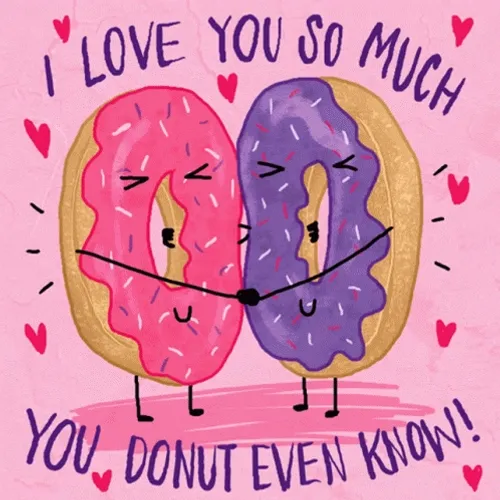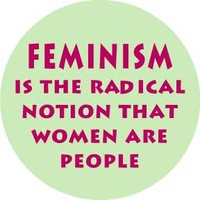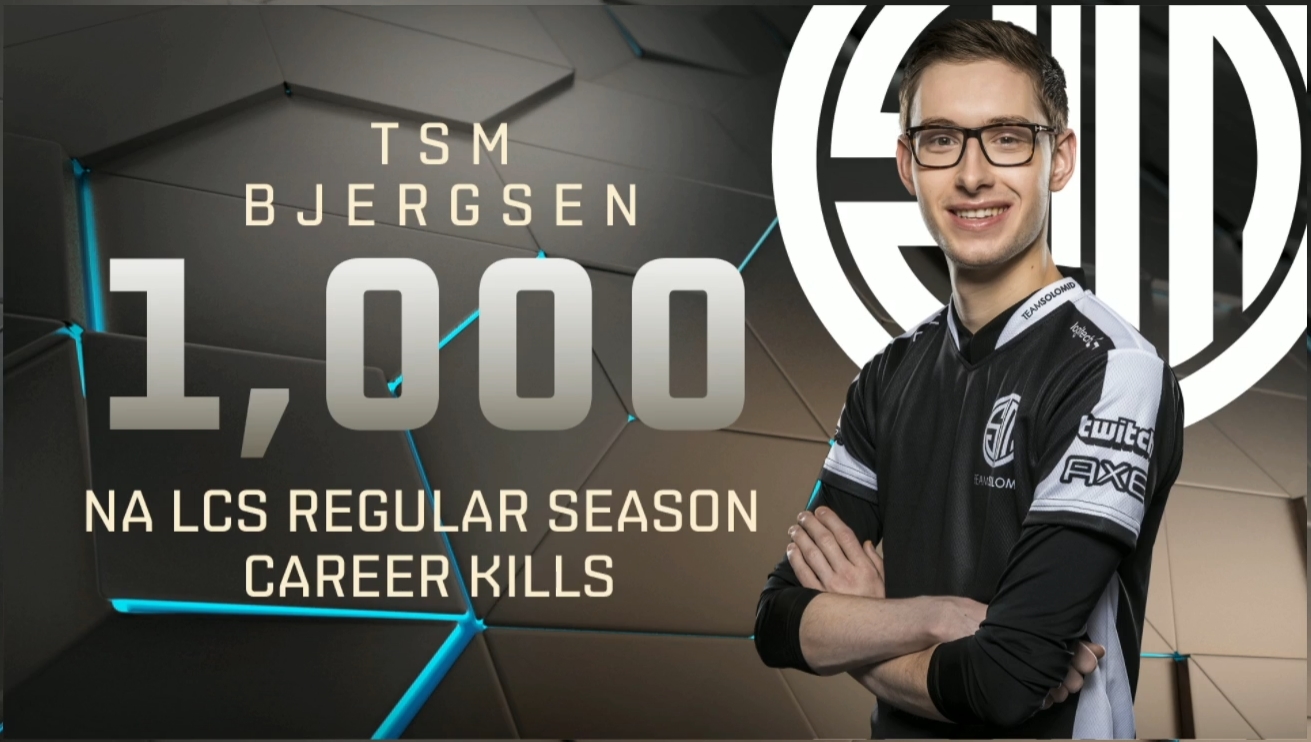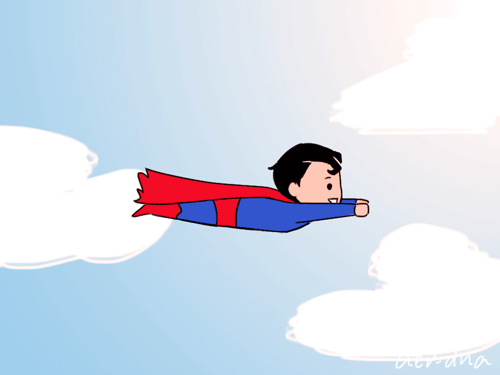https://giphy.com/gifs/blackish-anthony-anderson-dre-johnson-d2lcHJTG5Tscg
Unfortunately, this will be my last blog post for Critical Thinking and Writing so I would like to make a recap of everything. From the beginning, I was iffy about the class, especially because of the topic. It was a very uncommon topic for CTW, only having one other class. Also, I was not sure what was meant by heroes. I thought it would mean something like superheroes, which is/can be included. Although I forgot about policemen and firefighters as heroes, I did not think that a formulaic process would exist for heroes in literature. I thought the most interesting was judging whether or not Pierce from the sitcom Community was a hero or not in the episode “Advanced Dungeons and Dragons.” He fit all the qualifications to be a hero and yet, in my opinion, I still don’t think so. I defined the Hero Cycle as a minimum requirement so to speak. Another property that I think should be included is intention; since Pierce did not intend to make Neil feel better, he does not deserve to be a hero.

As for this quarter, I was unsure how feminism relates to heroes or quest. The topic is so controversial nowadays that it somewhat surprised me that it was included. This quarter had changed my perspective on feminism entirely. Before this quarter, although I did already agree with feminist beliefs, I would never call myself a “feminist.” Now that we’re almost done with the class, feminism has a much different meaning to me. Seeing how so many different things, like movies, TV shows, and games, have feminist beliefs within it has changed my perspective of the creativity of the creation as well as feminism in general. The fact that those movies and TV shows would have feminism indicates that it is not a joking matter. I wish that there was a third class because I want to see how else the topic of Heroes and Quest can be applied to other things but, alas, my CTW courses and my freshmen year is slowly coming to an end. I bid these blogs and two-quarter classes adieu.


